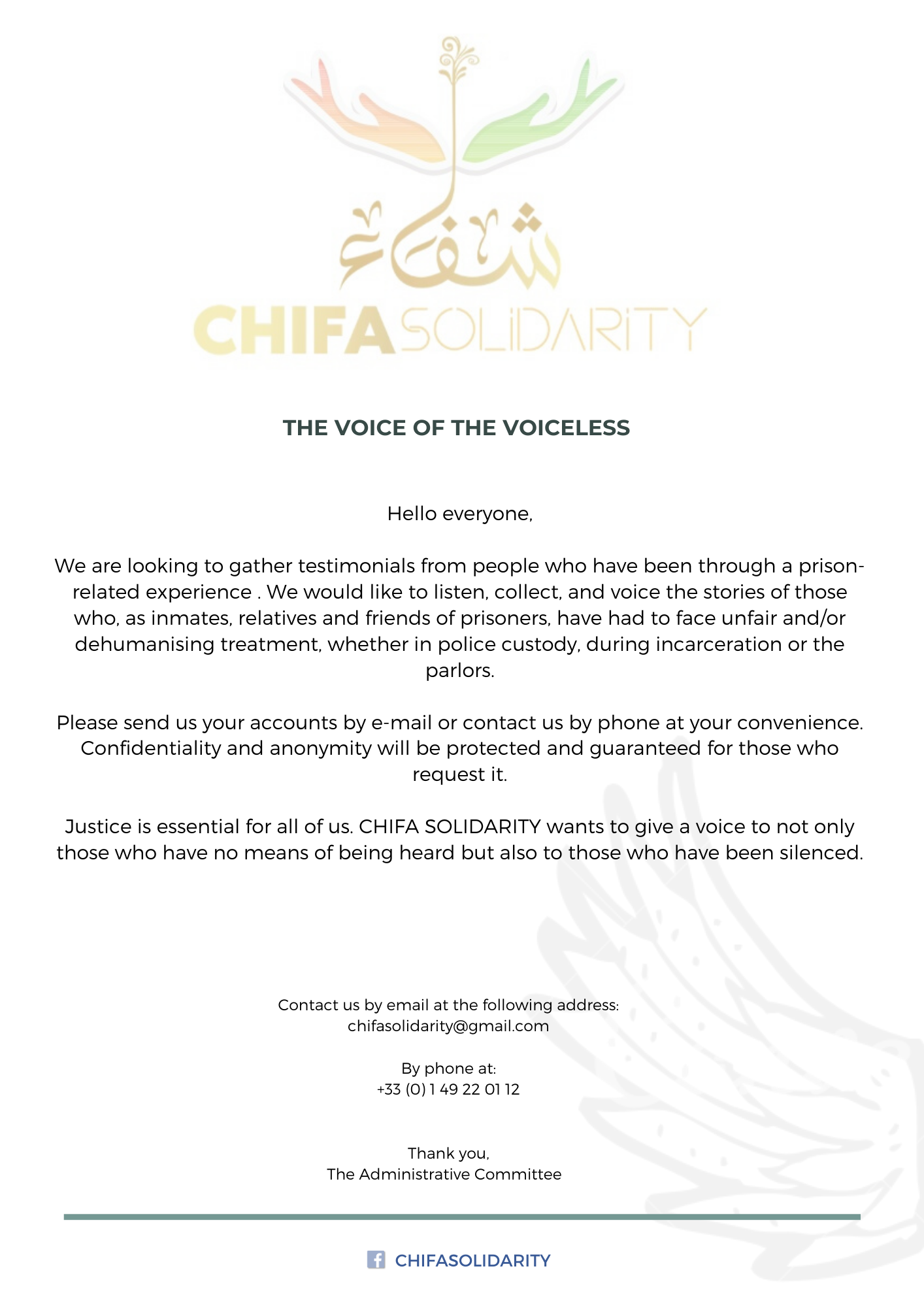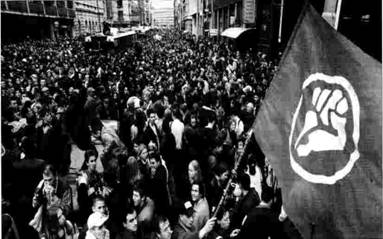Fortunate to have the author himself there, Tariq Ramadan started the discussions by explaining that the process of reform starts by engaging with the world. In doing so, we are finding meaning and ultimately answering the call of our creator. The concept of “reform” therefore should not be a foreign concept to Muslims.
Radical Reform highlights two major problems in the Muslim world which are hindering reform.
The first problem is that of leadership. Muslim scholars rarely come together to debate and drive reforms. Instead, they are more satisfied in talking among themselves in isolated circles. Not serving the community, but instead being served by it.
The second challenge is that the Muslim community have forfeited their responsibilities. Instead of reforming themselves and their societies with a clear, forward looking vision, they are adapting and reacting to circumstances as they unfold. As passive receptors of information, they admire scholars often exclusively because of their charisma or the emotions they invoke in the masses.
In addressing these problems, a bold call has been put forth to Muslim communities: hold the scholars to account and challenge them to act on the power of courage. That is, let them understand that they need to be better equipped to evolve their thinking, to respond to contemporary issues, to listen to their communities, to be creative in finding solutions.
“Are we ready for this?” is often heard from some quarters of the Muslim community. It is a potentially dangerous question because it attempts to erase the process of critical thinking urgently required for reform. The environment in some of our communities has become so bizarre that even the notion of questioning is akin to heresy.
Radical Reform goes further by stating that this “lack of calm critical debate is one of the evils undermining contemporary Islamic thought.” For example when Tariq Ramadan put out a Call for a moratorium on corporal punishment, stoning and the death penalty in the Islamic world, many scholars were in agreement privately but only one had the courage to affirm his position publicly – the majority were afraid that the community was not ready.
Since participating in this weekend seminar, I have understood that critical thinking is crucial for self reform and reflecting on one’s own values and decisions. Critical thinkers ask questions; pose new answers that challenge the status quo, question traditional beliefs and challenge received doctrines.
According to Joel Westheimer, the Canada research chair in democracy and education at the University of Ottawa, critical thinking is about “finding the source of a problem in society and thinking of ways to solve it.” Research is showing however that that this faculty of critical thinking is not only deficient in Muslim communities; it is a societal problem.
Most universities are ineffective in fostering critical thinking. For example, in a three year study of 68 public and private colleges in California, though the overwhelming majority (89%) claimed critical thinking to be a primary objective of their instruction, only a small minority (19%) could give a clear explanation of what critical thinking is.
If we go back to the origins of critical thinking, our creator and educator is advising towards this path. The Qur’an infinitely extols humans to think, observe, ponder, reflect and question the signs of the universe and the wonders within ourselves.
“ …and in this way, God makes clear unto you his messages to that you might [learn] to use your reason.” (2:242).
” Verily, in all this there are messages indeed for people who think!” (13:3),
I have recently seen one example of Muslims using their critical thinking skills to solve a problem and offering the power of courage to those in positions of power.
When the process of finding a new Imam for the main Ottawa mosque was put in place, some youth wanted to ensure that chosen candidate would be homegrown and able to understand not only the texts, but also the context.
Frustrated, the youth said, “we have tried numerous times to engage in dialogue with the mosque administration.”
Having not been able to engage with the leadership, they launched an online petition and received hundreds of signatories.
Despite this, the mosque ignored the youth’s suggestion and, instead, invited a 37 year old Imam from Egypt to fill the position.
The youths were so frustrated by the choice that they eventually sent an email to the Ottawa Citizen with the subject heading, “A Call of Distress from an Unheard Voice: The Muslim Youth of Ottawa.”
It is unfortunate that that this struggle had to play out in the media in order for mosque officials to pay some attention; it has put the current imam in a very difficult position.
This is just one example among many demonstrating that the path towards reform is going to be a long, arduous process requiring personal commitment and the power of courage from both the scholars and communities that they serve.
SOURCE : Muslim Presence Ottawa






Very interesting article. I read the book Radical Reform and I think it is really a pity that those radical propositions ( radical but good and neccessary) have up to now met no reaction from fuquaha ( muslim scholrs). But I think hope is in the young muslim fellows like you and me to do our best in trying to change or lives, our soceities and our world in the sake of of faith in Allah.
I don’t think we must wait for the fuqaha. The reality in the west is already that most muslims practice islam without consulting scolars on every matter. You can’t rely on scholars, when they are divided deeply themselves and sometimes contradict eachother.
Asallamu allaikum brother/sister,
About your comment on Islamic scholars I don’t believe they are divided. They have different opinions, yes, and Islam allows different opinions on matters of Fiqh–but the core is the same for all scholars.
I think the reason why they haven’t “heard” is because they don’t live in the west. If we want scholars to react they have to live where we live; namely in the west, or else how do they know how to react if they don’t know what’s going on in a daily basis. Even when it comes to Fiqh many times scholars from the middle east will ask us to direct our question to scholars where we live, and this is best.
As you have pointed out, we should be changing and not wait for anyone to change us. It’s been decades that everyone is relying on everyone else. And I am glad, and all praise is due to Allah, that we are finally waking up to realize that we all have to contribute, and to realize and be content with the fact that everything that lasts starts small.
I am honored to have spoken with you today. My prayer is that we all do our share in this world.
Your statement clearly shows that you didn’t read the book Radical Reform. The radical propositions made by brother Tariq about a new framework for the Usul fiqh are questions that have to be studied and understood by people as knowledgeable as him so that to open a debate enabling to the common people to understand and know how imporatnt are the propositions put forward.
Yes I agree, but it´s about legitimacy. Who has the authority? The state of affaris right now makes it difficult for muslims to awnser this question and so many muslims don’t awnser the question and practice islam using common sense.
Hello and asallamu allaikum,
This is an interesting article and it touchs on many things the scholars and muslim community should respond to. However I feel there wasn’t enough emphasis on the community. For example, what does a scholar say when a woman insists that wearing black is part of our Islamic obligations?
I feel we are to blame, and maybe the first to be blamed because it feels like we shut down the scholars courage to interact with such a tough crowd. Each of us coming from different backgrounds, and each of us so attached to our own understanding and up-bringing that none of us is willing to comprimise or listen in fear that our thin Imans might dispear in the shaking.
We now have to work on ourselves so that the scholars don’t have the dreaded fear of their own communities, and they have to work on giving us a chance to participate and to speak to them and to think with them. The wall of fear has to come down and the power of courage has to come out. This is a wonderful solution. And although I am not a scholar the muslim community has my voice added to theirs for a positive change. It will take work, but what doesn’t.
Don´t underestimate the role of pedagogy, education and psychology in this proces. Muslimsocieties have major chalenges on these fields. To become critical muslims, one must be balanced. I used to think that being a muslim helps one to become a good and psychologically strong person, because this is what I was told. But now I think it’s the other way around: psychologically strong people become good muslims. This begins in the families, with the raising of children; just telling children how to be good muslims (‘halal’ and ‘haram’), without the essential affection and communication, does not lead young muslims on the way to becoming balanced, critical muslims.
Critical thinking get’s blocked when people are too emotional. Muslims out of their fear of being dominated tend to be too emotional and too protective of things as they know them, even when they are really damaging. But there are also a lot of muslims that, because of the influence from outside and the mirror-effect, really crave change. Some become totally westernized, but many of us want to stay who we are. We are challenging things all the time. I don’t think my generation is that passive, we can’t afford to.